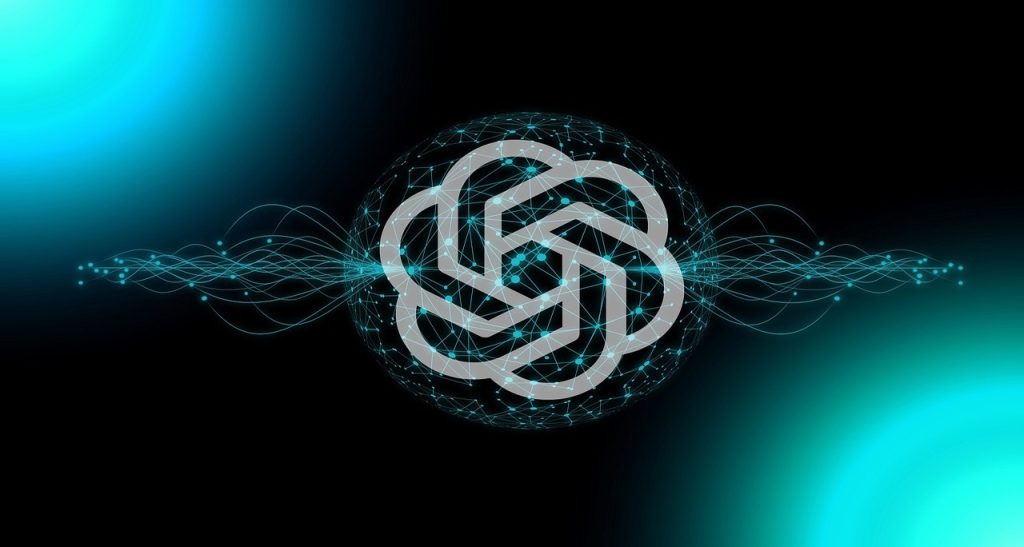Overview
Since the inception of ChatGPT, AI experts and users have expressed concerns on its impact in the job market with some expressing optimism while others fear that ChatGPT and other AI models may replace humans in the job market. Some of the concerns are mere speculations whereas others are founded on real world data. In this blog, I want to look at the positive and negative impacts of ChatGPT on the Job Market.
Positive Impacts of ChatGPT on the Job Market
One of the most significant benefits of ChatGPT is that it can automate repetitive tasks and reduce the need for human intervention in certain industries. For example, customer service representatives and support staff can use ChatGPT to handle common inquiries and resolve issues more efficiently, freeing up time for other tasks. This can lead to increased productivity and reduced costs for businesses, which can then pass on the savings to customers.
Additionally, ChatGPT can improve access to information and resources for individuals in remote or underserved areas. For example, medical professionals can use ChatGPT to communicate with patients and provide remote consultations, which can improve access to healthcare in areas where medical services are limited. Similarly, educators can use ChatGPT to provide remote learning opportunities to students in areas where access to education is limited.
Moreover, ChatGPT can also help businesses better understand and serve their customers. By analyzing the data generated by ChatGPT interactions, businesses can gain insights into customer preferences and behaviors, which can then inform marketing strategies and product development. This can lead to more personalized and effective marketing campaigns, which can drive sales and increase revenue.
Negative Impacts of ChatGPT on the Job Market
While ChatGPT has many benefits, it also has the potential to displace workers and cause job losses in certain industries. For example, the automation of customer service and support roles can reduce the need for human workers in these fields. This can lead to job losses for individuals who work in these industries, particularly those who have low levels of education or specialized skills.
Furthermore, ChatGPT can also lead to a loss of personal interaction and human touch in certain industries. For example, the use of ChatGPT in healthcare can lead to a reduction in face-to-face interactions between patients and medical professionals, which can affect the quality of care provided. Similarly, the use of ChatGPT in education can lead to a reduction in the interaction between teachers and students, which can impact the learning experience.
Moreover, the increasing use of ChatGPT and other AI technologies can also lead to a skills gap in the workforce. As certain tasks become automated, workers may need to acquire new skills and training in order to remain competitive in the job market. This can lead to a widening gap between workers who have the skills needed to work with AI technologies and those who do not.
Conclusion
n conclusion, ChatGPT has both positive and negative impacts on the job market. While it can automate repetitive tasks and improve access to information and resources, it can also displace workers and lead to a loss of personal interaction in certain industries. To mitigate these negative impacts, it is important for businesses and governments to invest in education and training programs that prepare workers for the changing job market. Additionally, it is important for businesses to use ChatGPT and other AI technologies in a responsible and ethical manner, ensuring that they are used to augment human capabilities rather than replace them.

